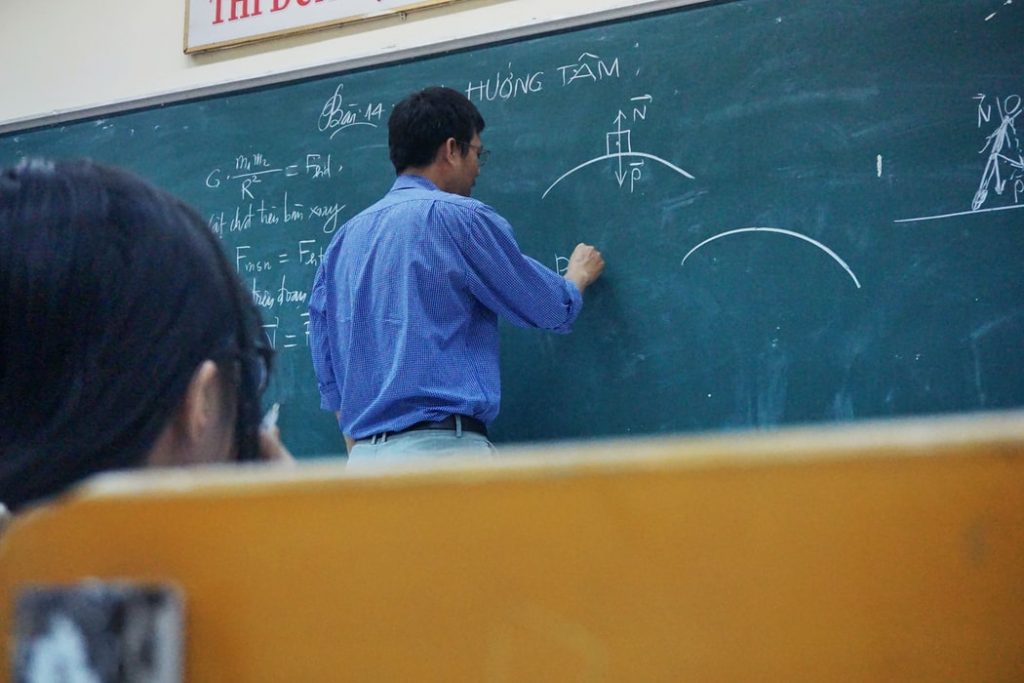New Zealand has much more to offer for you

Newzealand for High quality education and an unbeatable lifestyle
The practical, hands-on style of learning can give you the skills and experience to help you succeed anywhere in the world. New Zealand qualifications are globally recognised and you’ll learn to solve problems, think creatively and work in teams.
The Universities are ranked in the top 3% in the world, and you’ll be learning in an immersive English language environment. You may be able to work here while you study and after you graduate. New Zealand qualifications are recognised and respected around the world.
Discover New Zealand as a land of embarking opportunities
Safe, welcoming and culturally diverse, New Zealand has one of the world’s most beautiful natural environments as well as endless opportunities for fun and adventure. You’ll broaden your horizons and make lifelong friendships.
Working part-time in New Zealand while studying is easier. You can cover your living expenses while you’re studying abroad in New Zealand. It also expands your circle of friends and enables you to develop valuable employability skills such as independence, communication, teamwork, timekeeping and workplace-relevant English language skills.


Mainly the education in New Zealand is a student-centered pathway providing continuous learning progression and choice so that students will have progress every year and their learning at one level sets the foundation for the next steps along a chosen pathway.
The New Zealand’s education system has 3 levels:
The education system of New Zealand reflects unique and diverse society, which welcomes different abilities, religious beliefs, ethnic groups, income levels and ideas about teaching and learning. Also, the education system in New Zealand is governed and administered by a number of different agencies and providers at different levels.
The New Zealand qualifications authority (NZQA) is responsible for quality assurance in the secondary education sector and non-university tertiary education sectors. The briefings of three levels of education system are as follows;
Early Childhood Education (ECE)
Ages 0-5
Early childhood education provides education and care for children before they are old enough to go to school. New Zealand has more than 4000 licensed early childhood education services available, including kindergartens, childcare centers, play centers, home-based care and playgroups.
Early learning helps children to be confident and curious about the world. It also helps them do better when they go to school or kura, and can help the child in learning important skills that will help them become strong, happy, and successful in later life.
ECE is not compulsory but around 96.8% of children attend early childhood education (ECE). The government subsidizes all children who attend ECE for up to 6 hours a day (a total of 30 hours per week). 20 hours ECE is a higher funding subsidy available for all children aged 3 – 5 years who attend ECE.
There are all sorts of early childhood education (ECE) services and kōhanga reo available in New Zealand which are as follows;


Primary and secondary education
Primary and secondary schools are the second level of education. In New Zealand, child’s education is free between the ages of 5 and 19 at state schools (schools that are government owned and funded) if the child are a New Zealand citizen or a permanent resident.
Schooling is compulsory from age 6 to 16. In the majority of schools, any child can start school on the day they turn 5 years old (they do not have to wait until the start of a new school year). However, some schools have a policy of starting children at school together as a group at the start of each term (cohort entry).
Most children stay at school until they are around 17. The education system for schools is made up of 13 year levels. In New Zealand the child’s primary education starts at year 1 and goes to year 8 (around 5 to 12 years of age) and child’s secondary education goes from year 9 to year 13 (around 13 to 17 years of age).
Students at secondary schools – also known as high schools or colleges – work towards the national certificate of educational achievement (NCEA). Secondary schools also offer some vocational subjects, such as tourism and computing. However, some schools also offer Cambridge International examinations and international baccalaureate programs.
Further education
Technical and vocational education
At senior secondary school level, students may begin to specialize in vocational learning. They can get help into work or further education from a number of programs and institutions.

Along with further education, New Zealand has 3 wānanga and 8 state funded universities which are described as;

Wānanga
New Zealand has 3 wānanga (state-owned māori teaching and research institutions). They teach according to āhuatanga māori (māori tradition) and tikanga māori (māori custom). They offer certificates, diplomas and degrees. Some teach in specialized areas up to doctorate level.
Universities
Mainly, New Zealand has 8 state funded universities. They each offer degrees in a large choice of subjects and have strengths in specialized professional degrees. All are well recognized internationally.
They work with universities in other countries on research and teaching programs, and with the business community in New Zealand and overseas on research and development.
Universities offer higher degree-level education. Programs are research-led and generally academic rather than vocational. In the 2015/16 as world university rankings, all eight of New Zealand’s universities were in the top 100 in at least one subject. The name of eight universities are as follows;

Visa conditions
If you are granted a visa, there are conditions that you must meet. These visa conditions are described below.
Entry permission
You must apply for entry permission when you arrive in New Zealand. You can do this by completing an arrival card, which you’ll be given on the way to New Zealand.
You can be refused entry permission if:
Travel
If you want to travel in and out of New Zealand, you must have valid multiple entry travel conditions to return to New Zealand. If you’re applying from inside New Zealand, we’ll normally give you multiple entry travel conditions when we grant you this visa.
If you don’t have multiple entry travel conditions and you leave New Zealand, your visa will expire. Your travel conditions will be recorded on your visa label or in your visa letter.
Onward Travel
During the length of your visa, you must have a travel ticket or funds available to buy a ticket to a country you can enter. The funds can be in the form of any of the following:
Funds or Sponsorship
You must have enough money held in New Zealand to support yourself for the length of your visa.
If you are sponsored, then your sponsor must:
If your visa label or letter doesn’t say ‘financial evidence not required’ or ‘the holder of this visa is sponsored’, we may ask for evidence of funds when you arrive in New Zealand.
Medical and travel insurance
You must maintain your medical and travel insurance policy while you’re studying in New Zealand, from the time you enroll until your visa expires.
Note**- Doctor of Philosophy (PhD) students don’t need to have insurance.
Work
You may be allowed to work part-time for up to 20 hours a week and full-time during all scheduled holidays and/or during the Christmas and new year holiday period.
Work rights for students
Everyone who has a job in New Zealand pays tax on what they earn. You can apply for an ird number online through inland revenue.
Parent or legal guardian
If you required to be accompanied, your parent or legal guardian must live with you while you’re studying and they can’t leave New Zealand without you.
Attendance and progress
You must study full-time and attend your course at the approved education provider noted on your visa, unless you have a reasonable excuse for absences. You must make satisfactory progress on your course.
Visa expiry
You must leave New Zealand before your visa expires.
Admission procedure
The application process to New Zealand undergraduate degree courses is a fairly simple process. It is easier to get into diploma courses than degree courses in New Zealand, as the level of competitiveness is different for both these programs.
The admission process may differ between degree and diploma courses, as they both fall under different levels of study. Higher education in New Zealand has 10 levels of study. Level 1 is for a certificate and level 10 is for a doctoral degree. Here are the levels and their corresponding qualifications –
The following documents need to be submitted at the time of the admission which are as follows;

The cost to study in New Zealand
Most international students are expected to pay more than domestic students, although international students can be exempt from paying foreign student fees in some cases – for example when students are enrolled in PhD programs.
On average, an international student can expect to pay nz$20,000 for an arts and social sciences undergraduate degree, $25,000, for science and engineering and $75,000 for a dentistry and medicine degree.
Accommodation costs
There are several possible options for renting during a period of study in New Zealand. You could stay in student residence halls ($200 per week, on average), a shared flat ($120 per week) or a private flat ($180 per week).
The 2017 estimate for renting a room in a three-person apartment is $202 per week in Auckland, $127 in Hamilton, $170 in wellington, $132 in Christchurch and $147 in Dunedin.
Therefore to live in Auckland (the most expensive of the university cities), students should budget to spend $8,080 on rent per year (based on a 40-week contract) which would amount to $24,240 across the entire three-year bachelor’s degree.
